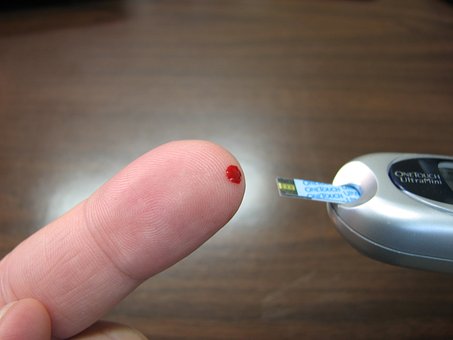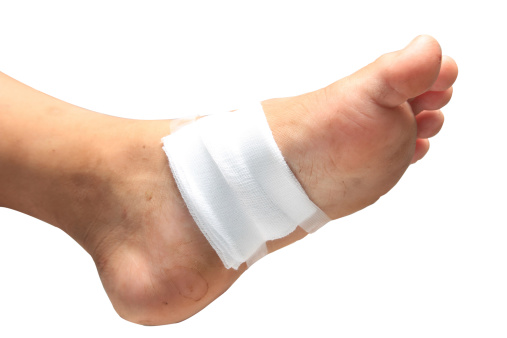How to prevent diabetic wounds from developing?
Diabetes, a chronic condition affecting millions worldwide, can lead to wounds that take longer to heal and can cause serious infections. Preventing these wounds is crucial for those with diabetes. In this article, we’ll provide tips on how to prevent diabetic wounds.

1.Control your blood sugar levels:
Controlling blood sugar levels is vital as high levels can damage blood vessels and nerves, leading to poor circulation and loss of sensation, which can increase the risk of wounds. Keeping blood sugar levels in check can reduce this risk.
2.Keep your feet clean and dry
Keeping feet clean and dry is another important preventative measure. Washing feet daily with mild soap and warm water, and drying them thoroughly, can help prevent fungal infections that can cause wounds. Moisturizing your skin after washing can help prevent cracking.
3.Wear well-fitted shoes and socks
Wearing well-fitted shoes and socks is also crucial as ill-fitting ones can cause blisters and sores that can turn into wounds. Choosing comfortable shoes that provide good support and wearing breathable socks can help prevent this. It’s also important to avoid going barefoot, even indoors, to prevent injury.
4.Check your feet regularly
Checking your feet regularly is vital, inspecting them daily for any signs of redness, swelling, blisters, or cuts. Using a mirror to check the bottom of your feet can help if you can’t see them clearly. Any changes or abnormalities should be reported to your healthcare provider immediately.

5.Quit smoking
Quitting smoking can reduce the risk of developing diabetic wounds as smoking can impair circulation and make it harder for wounds to heal. Maintaining a healthy lifestyle is also important, including eating a healthy diet, regular exercise, and maintaining a healthy weight. Following your healthcare provider’s advice on managing diabetes, including taking prescribed medications, can also help reduce the risk of developing wounds.
6.Maintain a healthy lifestyle
Regular check-ups with your healthcare provider are important to monitor diabetes and detect any potential complications early on. Personalized advice on preventing diabetic wounds based on your individual health needs can also be provided by your healthcare provider.
7.Visit your healthcare provider regularly
Regular check-ups with your healthcare provider are important to monitor diabetes and detect any potential complications early on. Personalized advice on preventing diabetic wounds based on your individual health needs can also be provided by your healthcare provider.
